U.S. Tariff Surge Sparks Global Economic Anxiety
Washington, D.C., July 10, 2025 President Donald Trump suggested Tuesday ,8th July, his administration intends to impose a 200% tariff...

Washington, D.C., July 10, 2025 President Donald Trump suggested Tuesday ,8th July, his administration intends to impose a 200% tariff...

Sri Lanka announced their 16-member squad for the ODI Series against Pakistan on November 7, 2025. In this news article,...

What Is Sincerity in Islam?: In Islam, sincerity, known as Ikhlas, is one of the core values that every Muslim...

Explore the comprehensive biography of Imam Bukhari, detailing his early life, passion for hadith, educational journey, and the significance of...

Inside the ruins, the team discovers murals, symbols, and devices that resemble human neural tech—decades more advanced than what Earth...
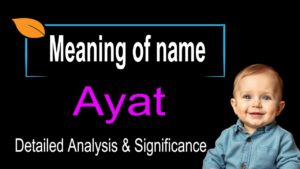
meaning of name ayat: Discover the meaning of the name Ayat, including its Arabic, English, and Bengali translations. Explore the...
In the sweltering summer of 1518, the city of Strasbourg, in what is now modern-day France, witnessed a phenomenon so...

When it comes to online business, two models dominate the conversation: affiliate marketing and dropshipping. Both can make you money...
Being productive doesn’t mean being busy all the time , it means getting the right things done in the right...

The name Peter carries a profound historical and spiritual significance, making it one of the most cherished names in Christian...
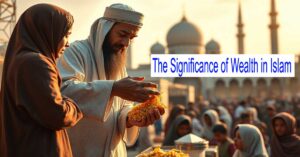
Understanding the Proper Use of Wealth in Islam: In Islam, wealth is considered a blessing from Allah, a resource given...
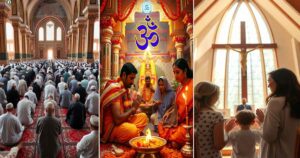
What is religion? This question has sparked deep curiosity in the human mind since the beginning of civilization. It is...

Winning a full scholarship isn’t about luck—it’s about strategy. Many students apply, but only those who understand what scholarship committees...

Tax is Not a Burden, It’s Smart Planning – Let’s face it: “Tax” is a word that makes most of...

Working from home has become one of the most powerful ways to earn money in 2025, and the best part...
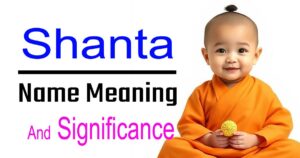
In the heart of Buddhist culture, a name is more than just a label — it is a legacy, a...
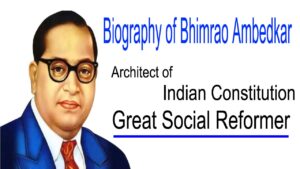
Biography of Bhimrao Ambedkar: Bhimrao Ambedkar was the principal architect of the Indian Constitution and a great social reformer who...

After losing the first two matches to Australia, India had lost the series. The third and final One-Day International of...

The full form of LBW is Leg Before Wicket.The term “Leg” refers to the batsman’s leg, “Before” means in front...
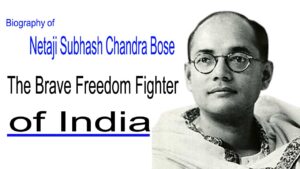
Biography of Netaji Subhash Chandra Bose: Discover the inspiring life story of Netaji Subhash Chandra Bose, a prominent leader in...

What does travel mean in the mind of a poet, a philosopher, and a visionary like Rabindranath Tagore? For Tagore,...

Before the words before the names,We walked the earth in ember flames.The sky was vast, the stars were bright,And we...

The week following their weekend getaway passed in a blur of gentle moments and unexpected stillness. There was no grand...
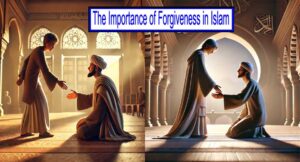
The Value of Forgiveness in Islam: Forgiveness is a profound virtue in Islam, considered an essential part of moral and...